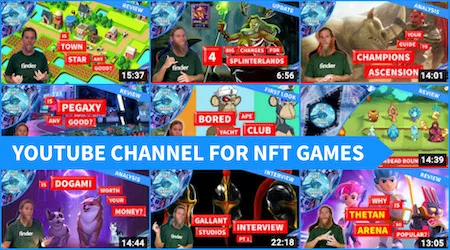
Whether traditional gamers like it or not, NFTs will impact major consoles and video game franchises. The question is, will your favourite developer or publisher play a role in their adoption? Perhaps they may ignore NFT games and the P2E phenomenon, but still utilise blockchain technology in some way?
In a series of articles that examine where each AAA game developer, publisher and console manufacturer stands on NFTs and blockchain technology, I'm going to answer these questions. Anyone who has been following the adoption of blockchain technology and NFTs by AAA developers will know that Ubisoft is leading the charge. The French company's stance is clear, but do you know just how deeply it's invested in a blockchain future?
Let's dive in and learn more in this Ubisoft NFTs guide. You can also check out our Epic Games, Square Enix, Electronic Arts, Nintendo, Microsoft and Sega NFT guides.
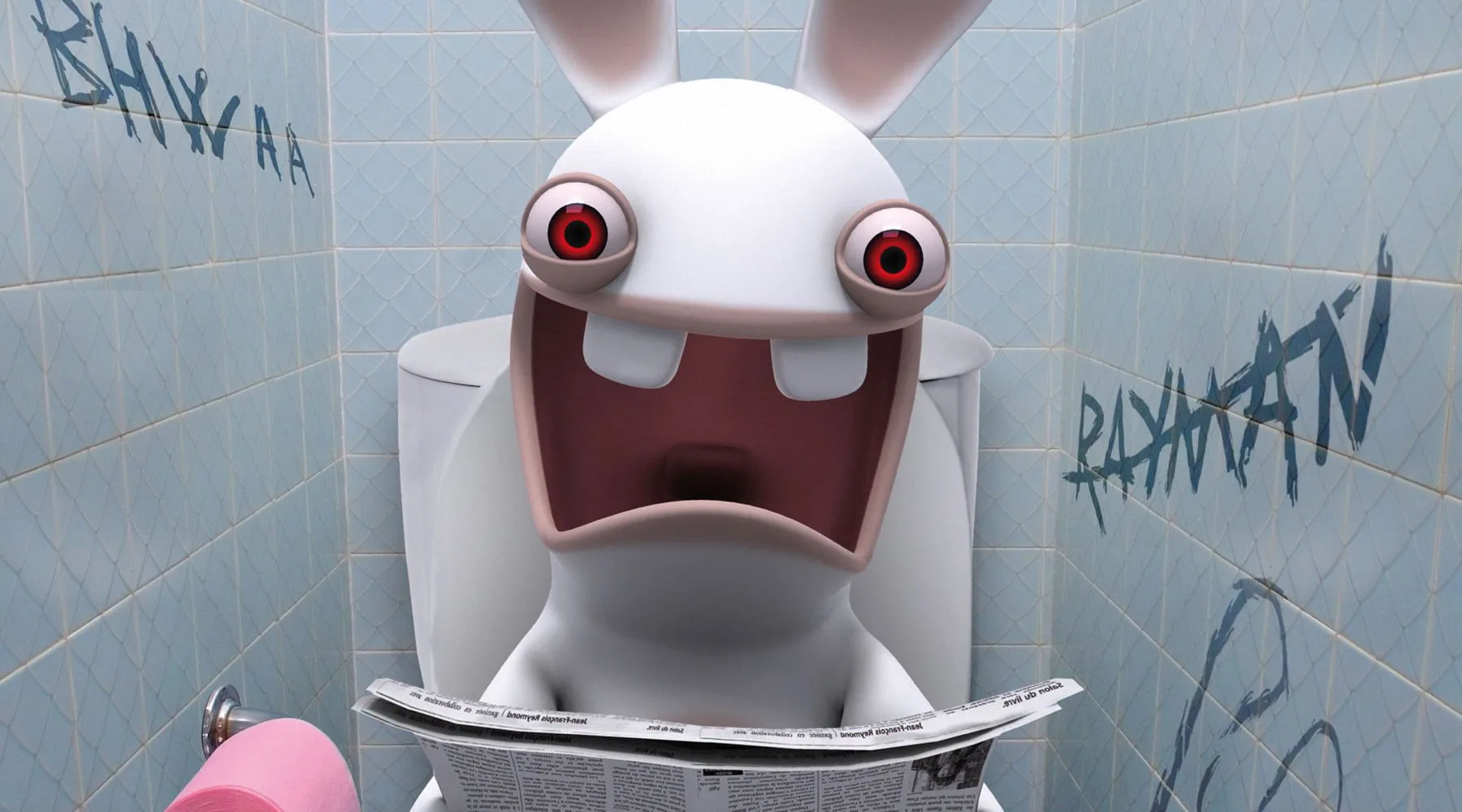
What role does Ubisoft play in gaming?
I've been covering the video games industry for over 25 years, and consistently through that time Ubisoft has been a pioneer. The company has always played at the tip of the technological spear. Look at any major console launch and count how many games Ubisoft has ready to go. Think about what the company has done to expand on open worlds and the merging of single and multiplayer experiences. Not to mention esports.
It was even the first to push a new era in video game movies too.
Ubisoft may not be a console maker, but when we look at the brands it has created and brought to gamers over the years, its impact can't be denied. Prince of Persia, Rayman, Splinter Cell, Rainbow Six, Ghost Recon, Assassin's Creed, Just Dance, For Honor, Rabbids, The Settlers, Heroes of Might & Magic, Far Cry, Anno, Petz, Watch Dogs, The Crew, TrackMania… I could go on. These are great games.
As an independent publisher and developer with a market cap of US$6.5 billion, Ubisoft is a force to be reckoned with. What it does will have an impact, be it positive or negative, on the industry.

What is the Ubisoft Strategic Innovation Lab
Gamers who have kept their ear close to the ground will know that Ubisoft has been actively involved in the blockchain and NFT space since 2017. Before these terms had even entered the social vocabulary, it was already investing heavily in the scene. It was in this year that the company formed the Strategic Innovation Lab. Ubisoft outlined this internal department's remit as follows:
"Staying at the forefront of trends and technology is crucial for the growth of games and the gaming industry as a whole. For Ubisoft, that means making use of the Strategic Innovation Lab to not only identify what the next big thing might be, but also how Ubisoft teams around the world can learn from these trends and implement key learnings into their games. One of those trends is blockchain."
So right from the off, blockchain was a big focus for the Strategic Innovation Lab. Ubisoft's director of Insights and Trends, Lidwine Sauer, specifically indicated at the time the company was interested in the idea of NFTs too.
"When you put a one-of-a-kind digital asset on a blockchain, you can track exactly who owns it at a specific moment, and in a secure way. It's like if you have a Picasso. It's 100% unique, and if it's yours, it's yours. Thanks to the blockchain, you can now have the equivalent of digital Picassos with the advantage that they cannot be stolen from you."
Shortly after, Ubisoft started appearing at budding blockchain related conferences, talking about what it had discovered. In June 2018, Ubisoft licensed its beloved Rabbids brand to the first blockbuster blockchain game in Cryptokitties. And in September 2018, it became a founding member of the Blockchain Game Alliance. Also in 2018, Strategic Innovation Lab went as far as to build a never-released blockchain game called Hashcraft.
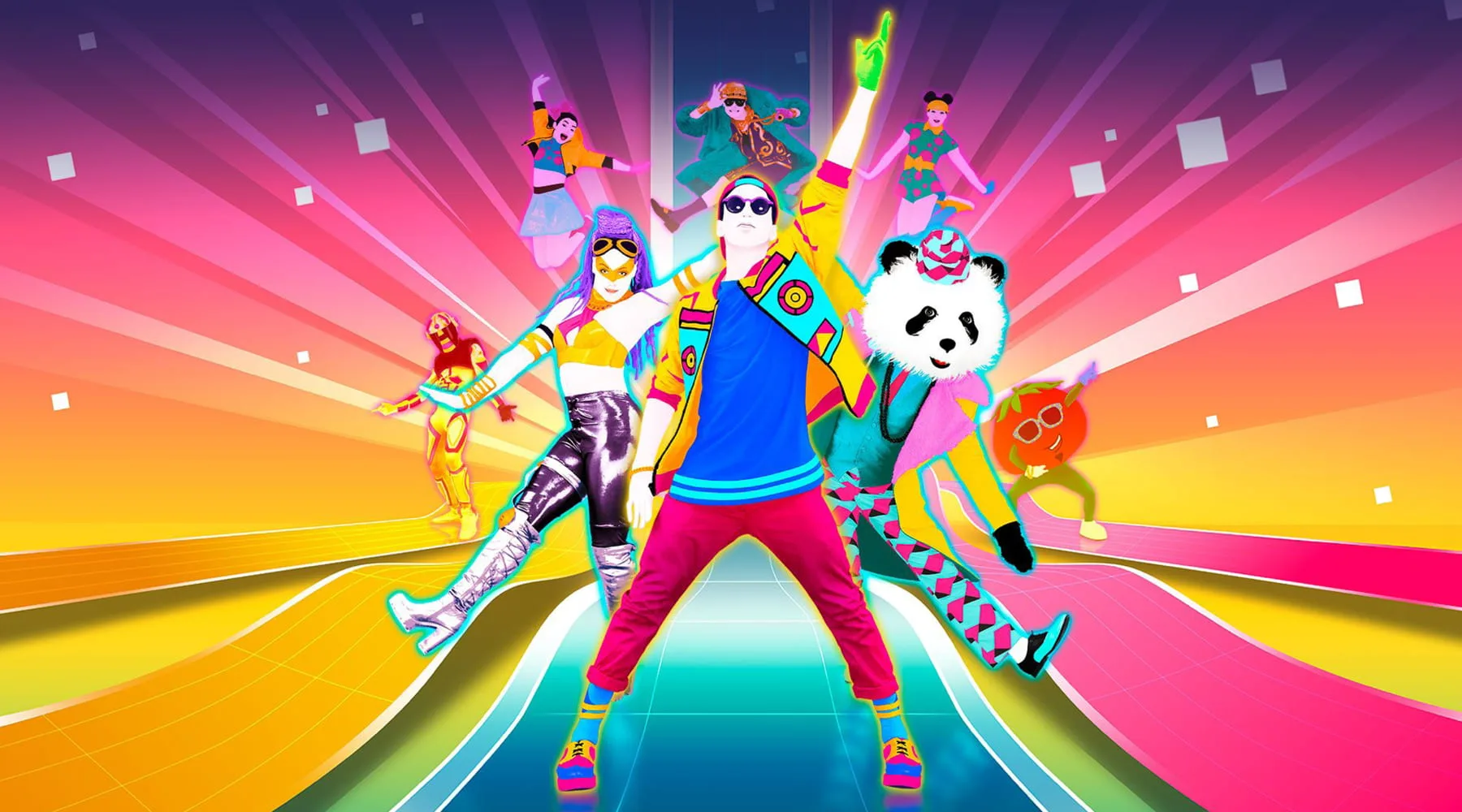
Ubisoft blockchain
In 2018, Ubisoft also explored moving its entire backend onto blockchain. For a period, the company looked to license the Xbox Enterprise Blockchain Platform from Microsoft, which was hosted on the Azure cloud network. The theory was this blockchain would handle royalty payments, revenue sharing and customer spend.
It was speculated at the time that the blockchain might also be used in the revenue sharing program developed for Rainbow Six esports teams. (This was rebranded to R6 Share in September 2020.) However, Ubisoft has confirmed with me directly that while this exploration did happen, the company ultimately decided not to use Microsoft's technology.
In November 2019, Ubisoft signed up to help game distribution platform Ultra launch its UOS blockchain. Investing in blockchain tech would be a sign of what was to come.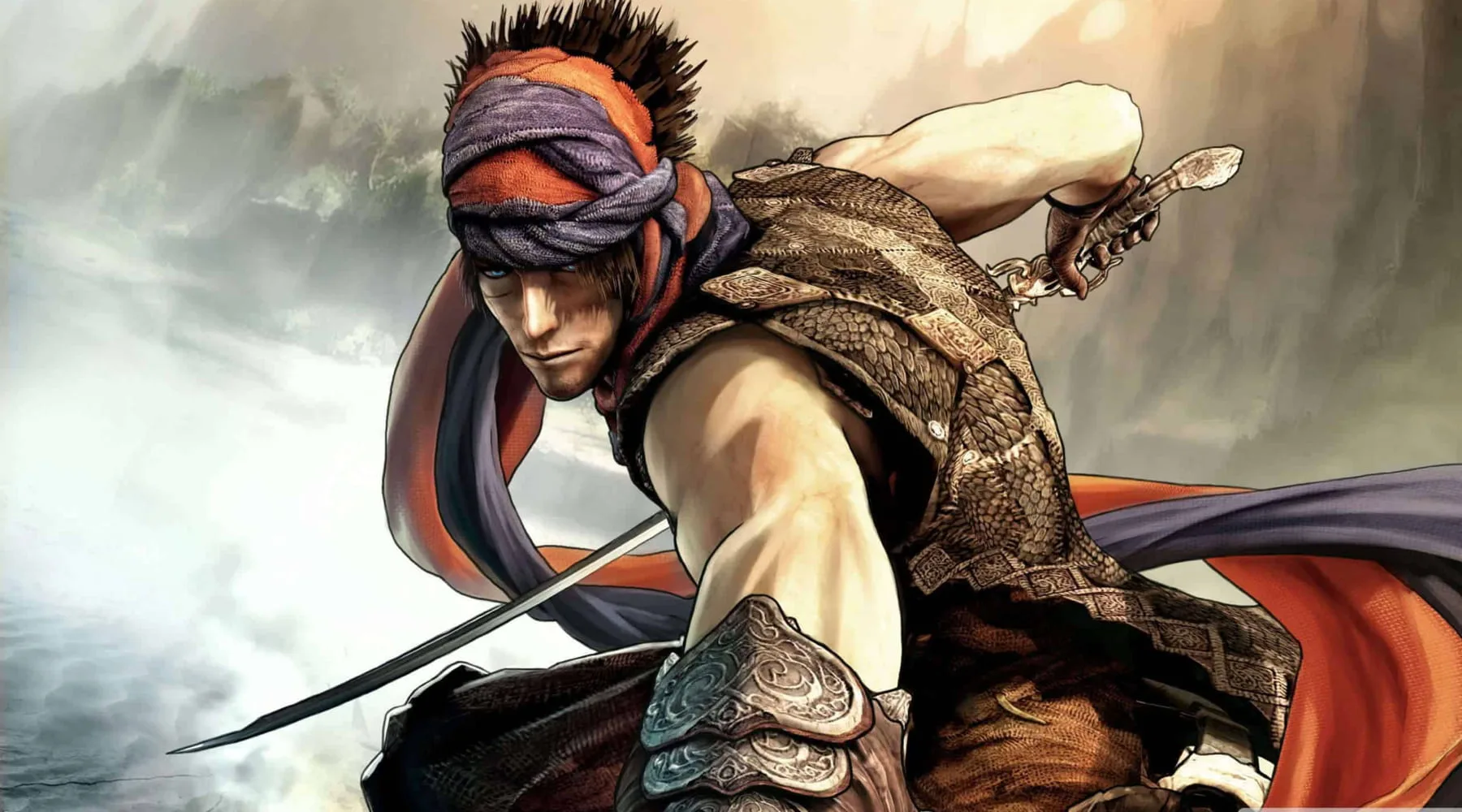
Ubisoft Entrepreneurs Lab reaps dividends
Instead, the company continued to push ahead with its Entrepreneurs Lab program. Initially set up through the Strategic Innovation Lab, as of 2022 it's into its 7th season. It identified and nurtured various startups in the space. As well as providing its own formidable insight to these projects, Ubisoft was able to use these startups to further explore what was happening in the blockchain space. Some of the notable blockchain studios to emerge from the Entrepreneurs Lab include Dapper Labs, Sky Mavis, Starchain Gazer and Sorare.
With Sorare, Ubisoft helped launch a fantasy league NFT game based on Belgium's Jupiter Pro League, the country's top soccer division. The game was called One Shot League, and it would eventually launch in March 2021.

Rabbids Token becomes Ubisoft's first blockchain game
By 2020, the Strategic Innovations Lab was starting to have a very firm voice in the discussion around blockchain. Led by vice president Nicholas Pouard, the company's understanding of what its place in the web3 future was starting to become clear. In March 2020, Pouard said:
"Over the long term, the free use of digital assets might create new forms of interactions between players, community, and game developers. To us at Ubisoft, we see it as a way to allow players to become stakeholders of the games they love, at an unprecedented level. Blockchain is part of the technologies that are bringing new value propositions to users, in what we call the Internet of Assets. In the same way that the Web is the technology allowing Wikipedia, social media, and e-commerce, blockchain is the piece of a much larger picture that is currently being built by a number of actors and pioneering entrepreneurs."
"The main short-term challenge is simply to build good games for players and not only for speculator. It's important to remember that blockchain is still in its early days, and it might take a while before the benefits of the technology become tangible for our industry. It is difficult to foresee a specific tipping point [for mainstream adoption], but I think things will evolve gradually."
Then shortly after, in June 2020, Ubisoft's first public blockchain game emerged. Rabbids Token wasn't exactly what we expected. A collectable 'game' in the vein of Cryptokitties, it encouraged players to steal NFTs from each other, then fight to reclaim them. Always termed an experiment, all money generated from Rabbids Token was donated to UNICEF.
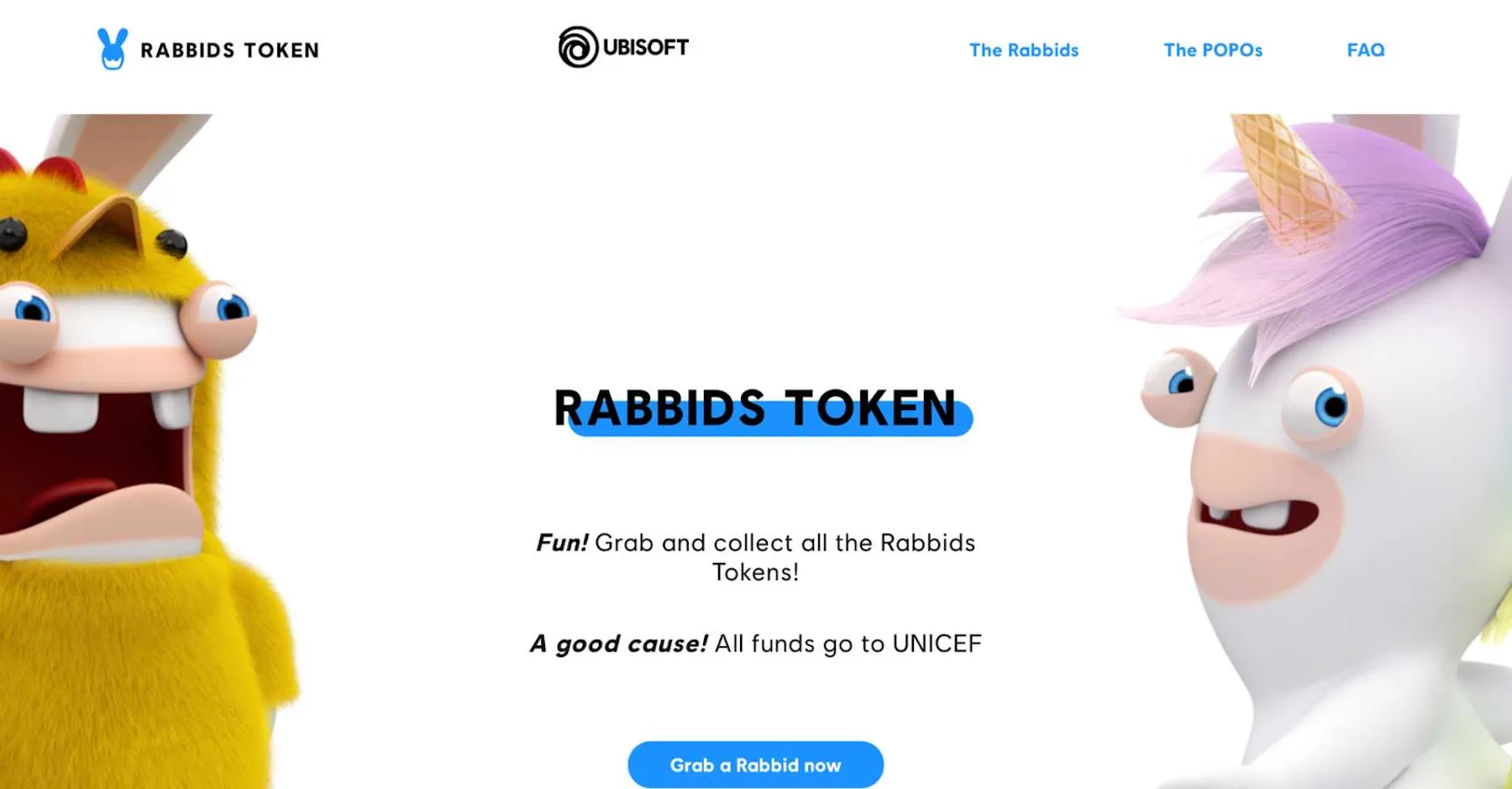
Ubisoft x Tezos
After opting out of Microsoft's blockchain solution, in early April 2021 Ubisoft invested in Tezos. This blockchain has lower gas costs than Ethereum and utilises the far more energy efficient proof-of-stake hash mechanism. It's this partnership that laid the foundations for Quartz, which I will go into shortly. Nicholas Pouard, the VP of Ubisoft's Strategic Innovation Lab, said at the time:
"We're happy to be joining the Tezos ecosystem as a corporate baker. Ubisoft believes that blockchain has the potential to bring new possibilities to players and developers alike, and this new collaboration will allow us to pursue our innovation efforts with an ecosystem that aligns with our environmental-friendly approach thanks to its proof-of-stake consensus algorithm."
Ubisoft and Animoca Brands
Perhaps Ubisoft's strongest play was investing significantly in Animoca Brands, an Australian company, in October 2021. Animoca Brands is a huge name in the NFT, blockchain and P2E gaming space, its stature similar to Ubisoft's in the traditional gaming space. Indeed, Animoca Brands is now valued at over US$5 billion.
Animoca's activity in the blockchain gaming space is so significant I could never list it all here, let alone its non-gaming blockchain activity. But notably it acquired Cryptokitties, Revv Motorsport and The Sandbox, 3 of the biggest NFT games in the space. It's bought developers like Eden Games (best known for the Test Drive series), Darewise (Life Beyond) and Blowfish Studios (Gunscape, Siegecraft), among others.
And as someone who gets Animoca's press releases, I can assure you barely a day goes by without some new collaboration, partnership, investment or acquisition being announced. So, in buying a stake in Animoca Brands, Ubisoft positions itself as a genuine player in the NFT and blockchain gaming space.
(We'd ultimately end up seeing the Rabbids invade Animorca's famed game The Sandbox in February 2022.)
In early November 2021, following the investment announcement, Ubisoft CEO Yves Guillemot backed up the decision.
"[Blockchain] will imply more play-to-earn that will enable more players to actually earn content, own content, and we think it's going to grow the industry quite a lot. We've been working with lots of small companies going on blockchain and we're starting to have a good know-how on how it can impact the industry, and we want to be one of the key players here."
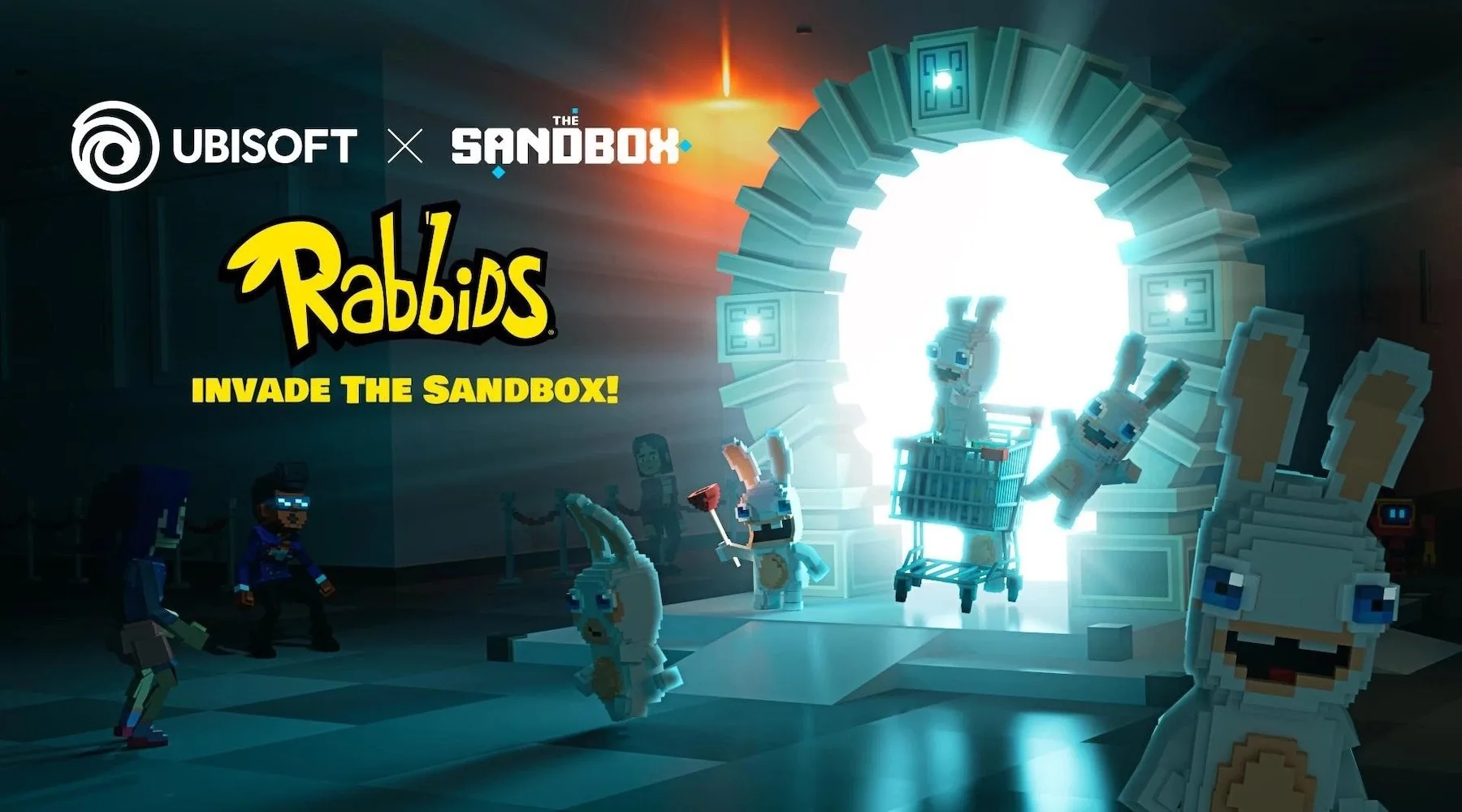
Ubisoft Quartz and Digits and the metaverse
On 7 December 2021, Ubisoft launched the most disruptive NFT-related project in the AAA games space to date. The NFT platform is called Quartz, and the NFTs it hosts are called Digits. Its arrival caught some gamers off guard. Although as you've no doubt gleaned from the above, it was actually a long time coming.
The Quartz platform is effectively a beta; an experiment. As a starting point, Ubisoft created a limited run of 3 skin NFTs that connected with the game Ghost Recon: Breakout. In order to stop it being a speculative market, gamers had to have played a considerable amount of the game before they were granted the opportunity to acquire a Ghost Recon NFT. Pouard was the face of the product, and had this to say at launch:
"Our long-term efforts led us to understand how blockchain's decentralised approach could genuinely make players stakeholders of our games, in a way that is also sustainable for our industry, placing back into their hands the value they generate through the time they spend, the items they buy or the content they create online. Ubisoft Quartz is the first building block in our ambitious vision for developing a true metaverse. And it can't come to life without overcoming blockchain's early-form limitations for gaming, including scalability and energy consumption."
At the Quartz launch, the company was active in trying to get ahead, unsuccessfully as it turned out, of the backlash from gamers worried about the environment. Blockchain, in the initial form led by Bitcoin, is quite harmful to the planet.
Ubisoft's blockchain technical director Didier Genevois, pointed out that: "Energy-efficiency is a key requirement to propel blockchain technology into a future where it can be widely used by millions of players. We chose Tezos because of its original proof-of-stake network and its leadership in clean NFTs."

Ubisoft vs Gamers
In the days and weeks following the launch of Quartz, the reaction from traditional gamers was heavy. And that's an understatement. Prior to Quartz, NFTs and blockchain gaming had been beyond the sphere of interest for traditional PC and console gamers, looked down upon as something that non-gamers were wasting money on; a hotpot for scams and pie-in-the-sky ideas that would never see the light of day.
With Ubisoft Quartz and Digits, that changed over night. Suddenly NFTs were very close to home. They were in one of the biggest, and more hardcore, game franchises in the industry. And Ubisoft was happy to tell anyone who would listen that more NFTs were coming.
Indeed, the launch video got so trolled on YouTube it had to be taken down. And Ubisoft CEO Yves Guillemot was forced to defend the company's NFT and blockchain strategy to employees at an internal Q&A session in mid-December 2021.
With this in mind, I interviewed Nicolas Pouard in January 2022 to discuss all things Quartz, NFTs and blockchain. Rather than quelling fears, his responses only poured fuel on the fire. The interview was picked up by most media outlets, who used quotes to argue Ubisoft had lost touch with its fan base and was pushing its brand into the wrong space.
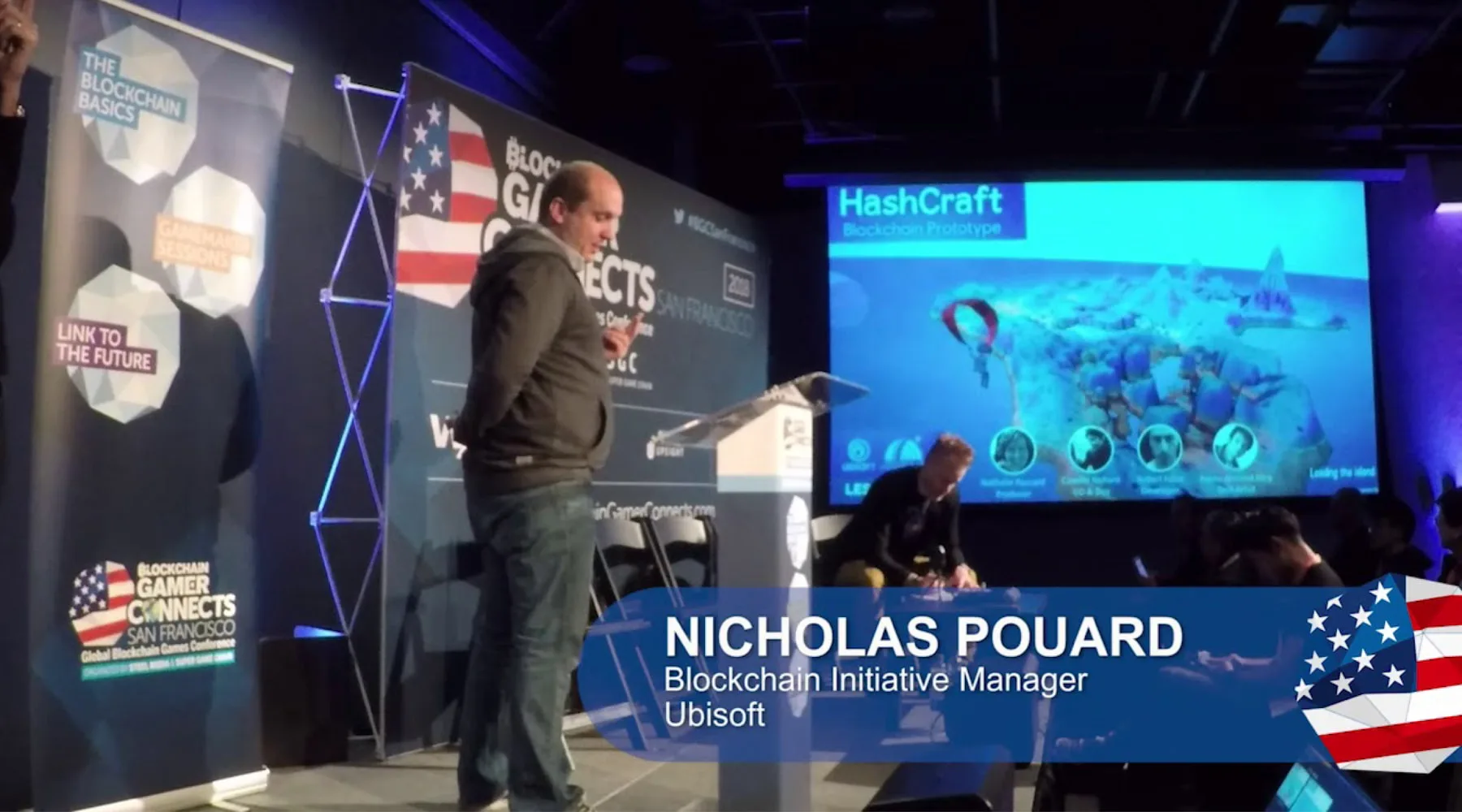
That interview
To date, that interview remains the nexus point through which traditional gamers' anger around NFTs and blockchain is funnelled. But the interview – and more notably the surrounding commentary, comments and socials – also worked to illustrate the no man's land between the industry and gamers on the subject of NFTs.
No doubt, the response to that interview has impacted every AAA game NFT related announcement, or lack of an announcement, since.
"It was a reaction we were expecting," Pouard told me at the time. "We know it's not an easy concept to grasp. But Quartz is really just a first step that should lead to something bigger. Something that will be more easily understood by our players. That's the way we think about it and why we will keep experimenting. We will keep releasing features and services around this first initiative. And our belief is that, piece by piece, the puzzle will be revealed and understood by our players. We hope they will better understand the value we offer them."
On 9 February 2022, an internal message from Ubisoft ensured staff that it was still committed to blockchain and NFTs. But not all its staff were on board, with hundreds said to have replied with their displeasure about the move. Their displeasure was leaked into the public domain, forcing Ubisoft to make a statement:
"We take the encouragement as well as the concerns to heart, but sharing confidential information, including from internal forums, is a violation of our employment agreement, and, more importantly, a violation of the trust that team members place in each other to be able to freely express themselves and have candid, productive discussions."
Ubisoft blockchain investment
While it's fair to say that Ubisoft has been quiet on Quartz and Digits for the most part since the interview, behind the scenes the company has only doubled down on its investment into the space.
Ubisoft has been steadily throwing money behind projects at all levels of blockchain development. Some of these have emerged from the Entrepreneur Lab, but for the most part it has been bullish with buying into projects it feels will be central to a coming blockchain, NFT and, importantly, P2E revolution.

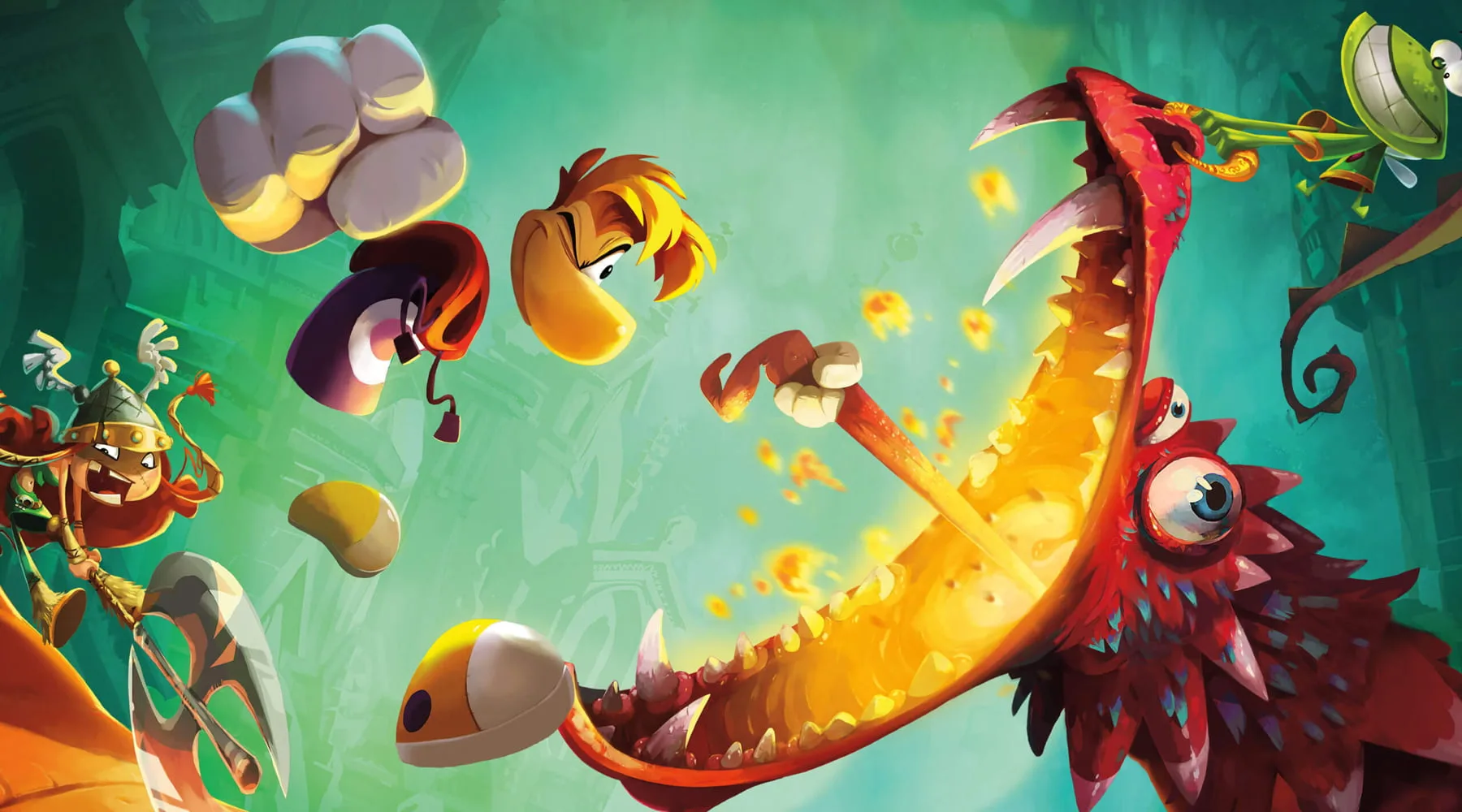
Ubisoft NFT game investment
What I've started seeing more and more over the last 6 months is Ubisoft's brand appearing as a backer on NFT game projects not under its direct control.
For example, in November 2021, Ubisoft threw its weight behind blockchain MMORPG Nine Chronicles. Then in December 2021, it put some money behind Nintendogs-like NFT game Dogami.
Come March 2022 there was a run of reveals. Word emerged that Ubisoft was backing RTS-meets-MOBA and play-to-earn game Frontier. Then there was sci-fi CCG Rebel Bots. And more significantly, Ubisoft invested a whopping US$12 million in an NFT game called Cross the Ages, a mobile collectable card game.
I feel like there is more that I just haven't stumbled across yet. Following the fallout from the Quartz launch, Ubisoft hasn't been forthcoming with press releases to games media about such investments.
That said, I did note some interesting wording in a press release sent out on 2 February 2022, in which Ubisoft announced an Esports and Competitive Gaming division within the company. The press release spoke to the team dedicating itself, among numerous other goals, to "revenue-sharing in-game items strategies".
The same press release also stated that the division would "build upon their success and experience with the R6 SHARE program on Rainbow Six Siege to create revenue sharing strategies for other projects."
Although this sounds like a blockchain and NFT related concept, Ubisoft assured me it was not. But given that the blockchain is the cheapest and most efficient way of handling such things, I will be watching that space very closely indeed.
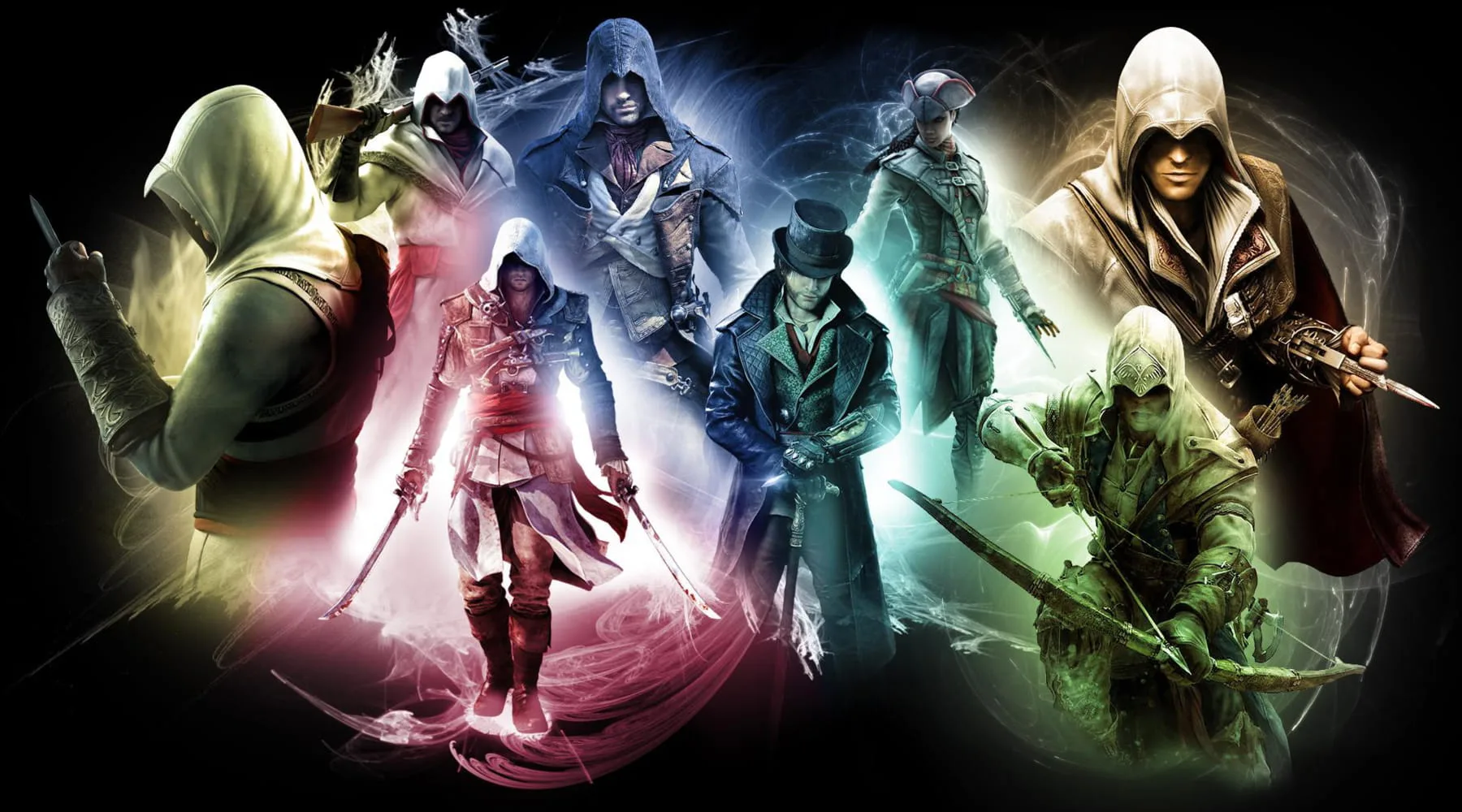
Hedera x Ubisoft
Come February 2022, it would seem that Ubisoft wasn't so sure it had backed the right horse with the Tezos blockchain. The company revealed it had partnered with Hedera and joined the Hedera Governing Council. Hedera is a competing hashgraph to Ethereum, Tezos and Bitcoin, which is used to confirm transactions on the blockchain. It's known to be energy efficient, fast and secure.
As part of the deal, Ubisoft will not only run a Hedera node, but provide support for games built on Hedera. Ubisoft's blockchain technical director Didier Genevois detailed Ubisoft's position at the time:
"At Ubisoft, we believe that the distributed ledger technology holds a key to the future of gaming by opening new opportunities for players to become true stakeholders of our games. The Hedera network offers a promising take on this technology, notably through its scalability, energy efficiency and innovative consensus mechanism. We look forward to exploring with the Hedera ecosystem through our participation in the Governing Council."
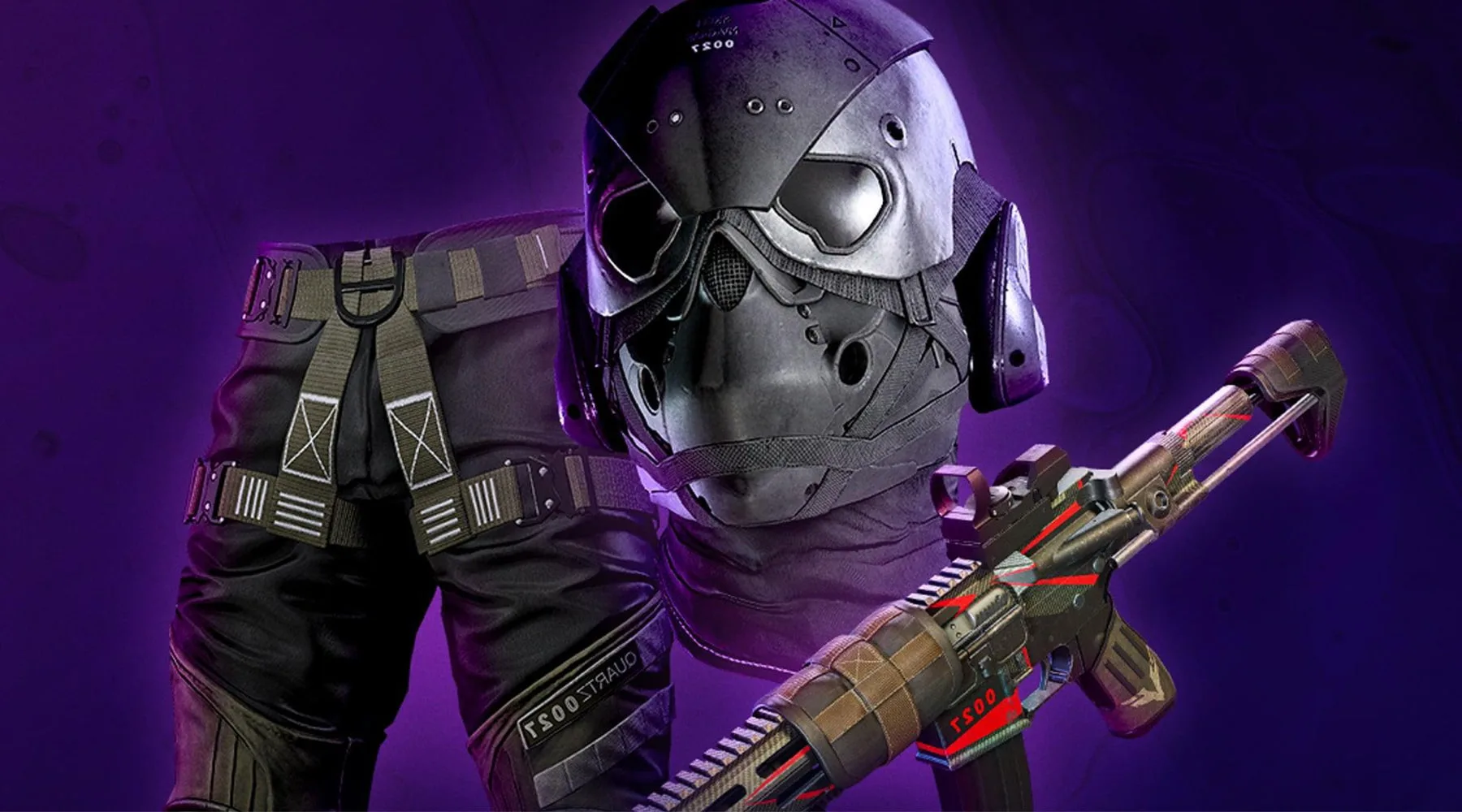
No more Ghost Recon: Breakpoint Digits
On 5 April, 2022, Ubisoft did confirm it would not be bringing any more content to Ghost Recon: Breakpoint, although it did confirm it was not the end of its plans for NFTs. "Stay tuned for more updates with features to the Quartz platform and future drops coming with other games," was the official statement.
The company did explain that it would continue to support Ghost Recon: Breakpoint's servers, as well as the NFTs that were launched into the game. In a parting bow, the studio applauded its fan base for "owning a piece of the game and having left your mark in its history".
What happens next for the Ubisoft metaverse?
As has no doubt become clear, Ubisoft is all in on blockchain gaming, NFTs and play-to-earn experiences. The company has invested millions into not only its own projects but those of many others in the scene. It already has an established footprint in not just NFT games, but the technology that makes them.
When it comes to NFTs in the AAA gaming space, Ubisoft will continue to be at the front end of the discussion. Despite gamer backlash, the company is showing no signs of backing off. A Ubisoft metaverse seems to be a given at this juncture. At least unhappy gamers will be somewhat warmed to know that it will most likely come in the form of a new IP next time. In my interview with Pouard, he did state:
"It does not make sense to use an existing game with an existing economy and trying to move it over to a play-to-earn economy. It truly needs to be built from scratch, because it's a very different way to think about the game economy and the monetisation."
Ask a question
More guides on Finder
-
What are cross-chain NFTs?
Need to put an NFT on another blockchain? Here’s how.
-
How to make money in the metaverse
Learn how you can bank in on the metaverse hype or carve out a career in this expansive virtual space.
-
How to mint an NFT
Step-by-step guide on minting an NFT.
-
How to join the metaverse
Learn about different types of metaverses and what you’ll need to join one.
-
Champions Ascension guide: A P2E NFT action-RPG by Jam City
What we know so far about the upcoming NFT-based blockchain game, Champions Ascension
-
How to play Decentraland
Learn how to play with one of the largest cryptocurrency metaverses in the world.
-
NFT statistics reports for 2022
The definitive ranking of the NFT adoption across 26 countries.
-
How and where to buy NFTs
Read our step-by-step guide to buying NFTs, including what you need to get started and which marketplaces you can use in Australia.
-
How to make an NFT
Creating an NFT is easier than you might think. Here are 5 steps to make an NFT, and other details you should know.
-
List of the 50 best Axie Infinity guilds plus a guide for scholars
Looking for an Axie Infinity scholarship? This NFT blockchain game guide lists all the best guilds with tips on how to be the best scholar.
